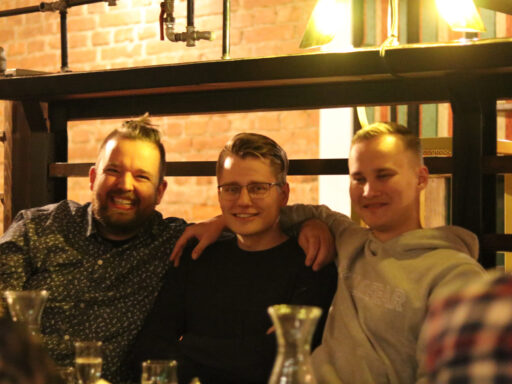On December 6th, Ady wrote to our company chat that he tried ChatGPT and that we should test it too, because it’s super fun. The conversation below this message continues to this day. We had the AI program analogue clock, automated tests and render a tree made of stars in the C (a high school assignment). It handled everything excellently. And so we ask – will it replace us?
ChatGPT is defined as a prototype AI-based chatbot that uses deep learning and the Internet to generate meaningful text. So it’s an improved version of a regular chat robot that learned to program, among other things. Now it can code virtually anything based on instructions. It’s allegedly most effective in Python (in which it’s written, according to available sources), but it also knows Go, JavaScript, PHP or TypeScript. The bonus is that it understands Slovak.
Codex predecessor
However, an AI that can program isn’t a novelty. In 2021, Codex was introduced by the same company that created ChatGPT. This model has learned to design code based on 54 million repositories in GitHub, and it’s still used today by GitHub Copilot – an enhancement that suggests parts of code or entire functions to you when programming in real time. Copilot sometimes writes really great things, and sometimes you have to erase everything afterwards. Therefore, it still needs to have a programmer who can responsibly evaluate the code.
We’re heading for perfection (?)
IT is one of the fastest changing industries. And we have to change with it. When we switched from text editor to IDE apps, it helped us focus more on the code-writing itself, because the software takes care of the syntax. I think that ChatGPT will be equally useful to us – instead of rewriting hundreds of times invented algorithms, we’ll be able to devote ourselves fully to architecture design.
This is confirmed by the words of the CTO Open AI himself, who said that he sees Codex specifically as a tool for programmers – it still requires them to devise a solution, but it removes demanding or repetitive work from it. The same is true of ChatGPT, in my opinion. So at bart, we aren’t worried about our position. On the contrary, we’re pleased that thanks to AI we’ll be able to be more efficient and faster. And who knows, maybe one day, with the help of new tools, we’ll achieve perfection – a completely bug-free code.







